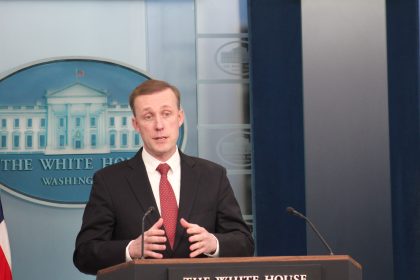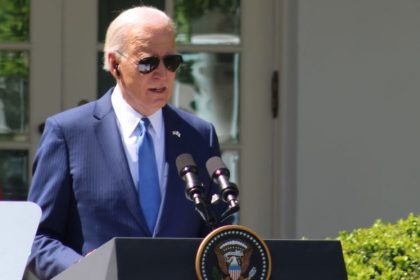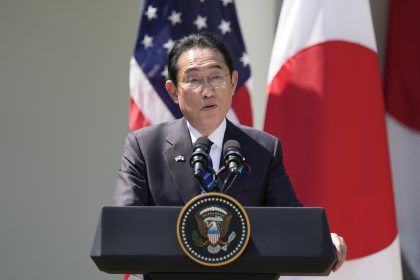Administration Seeks to Make Health Care More Accessible

The Biden administration has released a new rule that will provide and expand access to quality health care options for millions of consumers.
According to the Department of Health and Human Services, the proposal, known as the 2024 Notice of Benefit and Payment Parameters Proposed Rule, would increase access to health care services, while at the same time simplifying choices and improving the plan selection process for consumers.
“We know that access to affordable health care is a concern across the nation,” said Centers for Medicare and Medicaid Services Administrator Chiquita Brooks-LaSure.
“During the first several weeks of Affordable Care Act Marketplace Open Enrollment we have already seen 5.5 million people select a marketplace health plan, an 18% increase compared to last year,” she said.
“The newly proposed policy changes will help make it easier for consumers to choose and maintain the health coverage that best fits their needs. If finalized, this proposed rule does just that.”
The proposed rule includes two new major essential community provider categories that are critical to delivering needed behavioral health care: Substance Use Disorder Treatment Centers and Mental Health Facilities.
The rule also furthers access to providers by including a proposal to extend the current overall 35% provider participation threshold to two major ECP categories: Federally Qualified Health Centers and Family Planning Providers.
These changes, in conjunction with a proposal to expand Network Adequacy requirements, would increase provider choice, advance health equity and expand access to care for consumers who have low income, complex or chronic health care conditions, and/or who reside in underserved areas, as these consumers are often disproportionately affected by unanticipated costs associated with provider network status and limited access to providers.
In response to public feedback, the rule includes proposals to make it easier for consumers to pick a health plan that best fits their needs and budget by updating designs for standardized plan options and limiting the number of non-standardized plan options offered by qualified health plans through the Federally Facilitated Marketplaces and State-Based Marketplaces on the Federal Platform.
The average number of plans available to consumers on the Marketplace has increased from 27.1 in plan year 2019 to 131.4 in plan year 2023.
The proposed rule would give the Marketplaces the option to implement a special enrollment period for people losing Medicaid or Children’s Health Insurance Program coverage.
This option would mean that consumers would have 60 days before, or 90 days after, their loss of Medicaid or CHIP coverage to select a Marketplace plan. CMS believes that this new proposed special rule would help mitigate coverage gaps when consumers lose Medicaid or CHIP coverage while allowing for a more seamless transition into Marketplace coverage.
The proposed rule also changes the current coverage effective date requirements so that Marketplaces can offer earlier coverage effective start dates for consumers attesting to a future coverage loss.
CMS believes that these changes would ensure qualifying individuals are able to seamlessly transition from other forms of coverage to Marketplace coverage as quickly as possible with no coverage gaps.
The proposed rule will now also allow assisters to conduct door-to-door enrollment to increase consumer engagement and advance health equity. Assisters currently conduct door-to-door outreach, education and schedule follow-up appointments, but are prohibited from providing enrollment assistance upon an initial interaction at a consumer’s residence. Removing this prohibition will make it easier for consumers to get help when enrolling into coverage.
Under current re-enrollment processes, enrollees who are eligible for lower-priced health plans could be automatically re-enrolled in a more costly Qualified Health Plan. This rule includes a proposal that would ensure these consumers are automatically enrolled into their same plans or a lower-cost, more generous plan when available, lowering their health care costs by taking advantage of these savings.
The proposal, on display in the Federal Register, is viewable here.
Public comment on the proposed regulatory changes may be made until Feb. 14, 2023.
























